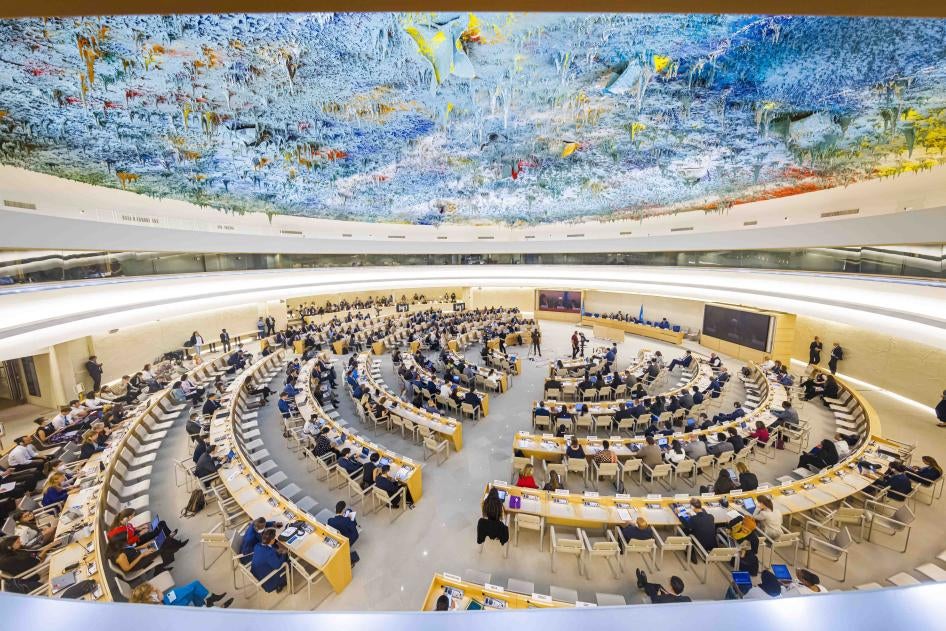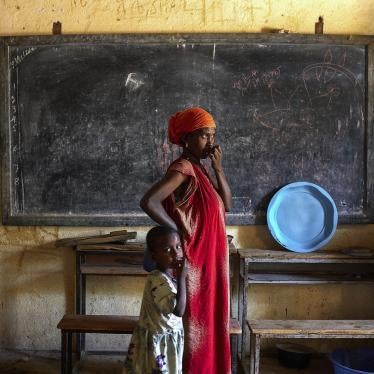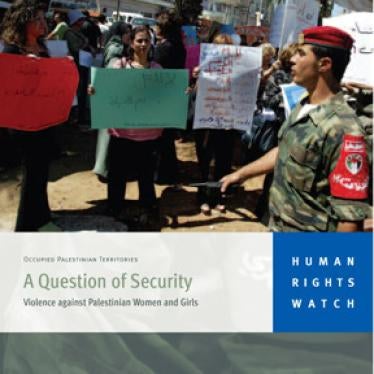When more than a thousand people are killed in a single day, untangling what happened takes time. New information continues to emerge about the killings of civilians in southern Israel by Hamas-led gunmen on October 7. This includes harrowing reports of sexual violence that demand urgent, careful, independent, and credible investigation.
Sexual violence is all too common in armed conflict, and for most of history it was treated as inevitable. Thanks to the hard work of many women, conflict-related sexual violence is now recognized as a war crime. This violence includes rape, other acts of a sexual nature such as improper touching, threats of rape, and the recording of individuals in ways that can be sexually exploitative, among others.
Gathering information about sexual violence is critical for justice and accountability, and it needs to be done in ways that center the needs of survivors and honor the memory and dignity of those who died. Survivors of sexual violence often have difficulty speaking about their experiences and may be discouraged from seeking assistance because of stigma still associated with sexual violence. Legal proceedings often use evidentiary standards impossible to achieve without forcing survivors to relive trauma.
The United Nations Human Rights Council’s Independent International Commission of Inquiry on the Occupied Palestinian Territory, including East Jerusalem, and Israel, announced it is investigating reports of sexual violence on October 7. The commission is led by Judge Navanethem Pillay, a globally renowned human rights expert who presided over the International Criminal Tribunal for Rwanda.
The commission has emphasized that its work is centered in “the ‘do no harm’ principle.” This principle should be followed in all responses to conflict-related sexual violence, including when documenting, reporting, and investigating possible cases. The primary consideration should always be respect for the rights and well-being of survivors and victims’ families, prioritizing their privacy and need for healing.
Institutional responses to conflict-related sexual violence should focus on providing mental health and psychosocial services to support survivors, witnesses, and victims’ family members. Legal processes should include robust informed consent practices that create safety for survivors and other victims to speak, if and when they are ready. These processes should ensure survivors provide their testimonies only when strictly necessary and under conditions that protect their privacy and confidentiality, and that they avoid reliving experiences of trauma.
Respecting these principles is essential to achieving justice and accountability. Victims’ families and those who survived the October 7 attacks in southern Israel deserve nothing less.









